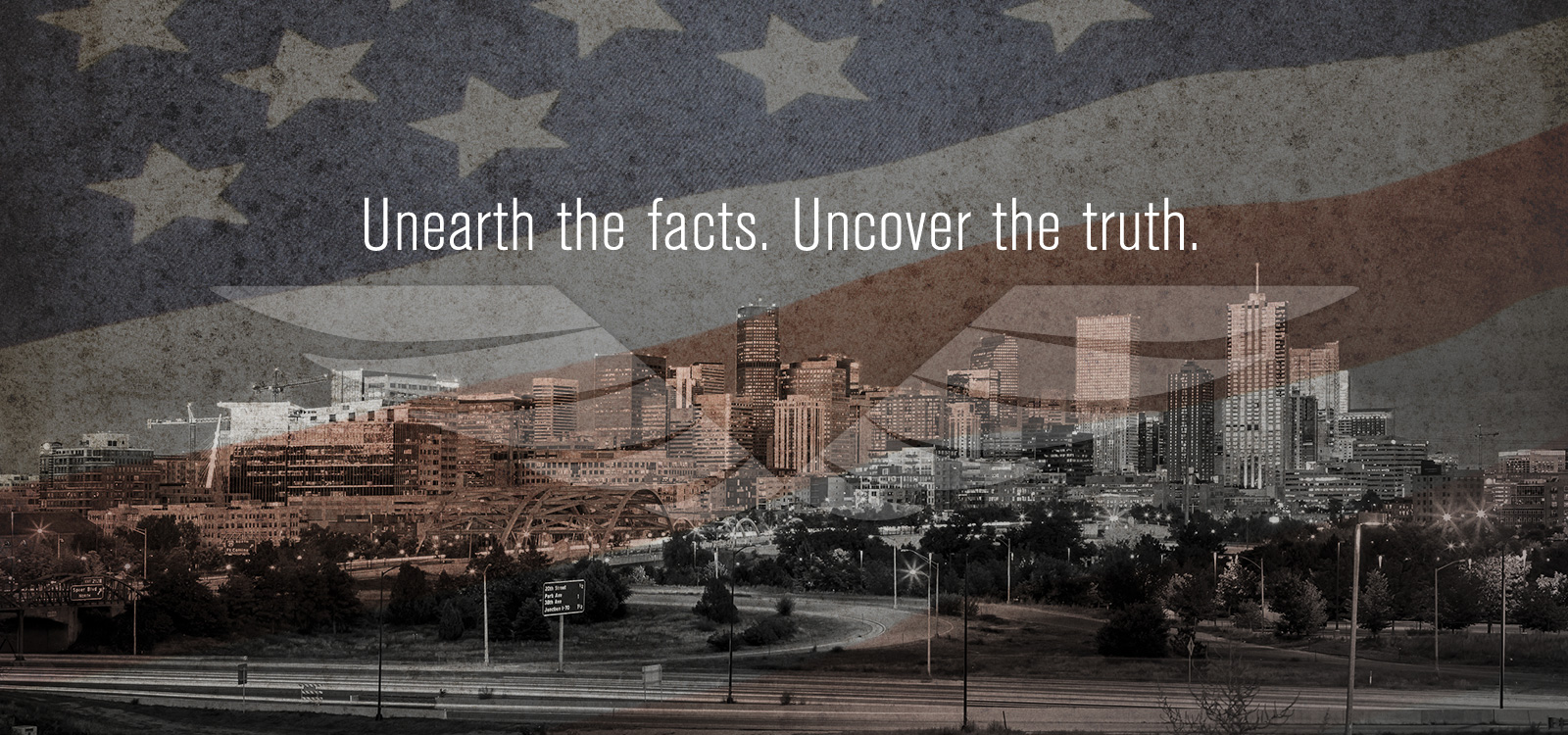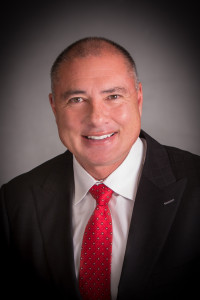
Some firms swear by the use of private investigators
By Marc Davis | Originally published on ABAJournal.com***
Fans of Perry Mason—those with fond memories of the TV show or recent admirers of the rereleased novels—will remember how private investigator Paul Drake helped the fictional lawyer solve crimes and defend the innocent.
PI Drake frequently discovered an exculpatory piece of evidence, located a long-lost witness, or used some form of legally acceptable trickery to help cinch a case for Perry.
Today’s gumshoes can now do their sleuthing with smartphone technology, surveillance cameras, social media, DNA and other high-tech gizmos and techniques unheard of in Mason’s day. And smaller firms are finding their services worth the cost.
“A private investigator is indispensable to a law firm,” says attorney Rusty Hardin, founder of a small Houston law firm, Rusty Hardin & Associates. “Our firm employs a full-time investigator. It was the best hire I ever made.”
About 85 percent of Hardin’s legal cases are civil actions, 15 percent are criminal matters; and Hardin’s investigator, Jim Yarbrough, works on both.
Yarbrough, a former Houston homicide detective, does financial background checks, document searches and Internet quests for information and data. Locating witnesses and talking to them before discovery is another critical service he provides.
“Our investigator is a trained interviewer, and I’d prefer to have him talk to a witness, rather than a lawyer [doing it],” Hardin says. “Lawyers often have a predetermined view of things and of a case. But trials are about people, and my investigator is very good with people.”
Alternate methods
Although private investigators don’t have access to banking or medical records, or classified government documents, they can nevertheless obtain hard-to-get information that attorneys may re
Willingham, president of Diligentia Group Inc. in Katonah, New York, cites as examples asset tracing and identifying, and locating and securing of potential witnesses, such as observers of corporate fraud.
“Understanding what a potential witness would say at trial, … taking their statements … and gauging their temperature” are among the many ways PIs can aid attorneys, Willingham says.
quire, according to Brian Willingham, a private investigator himself.
Read more at ABAJournal.com.

